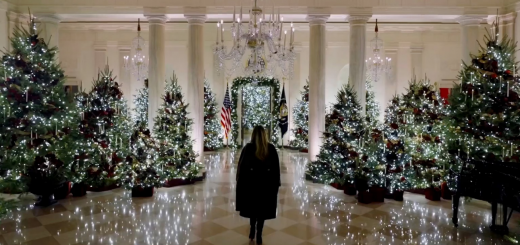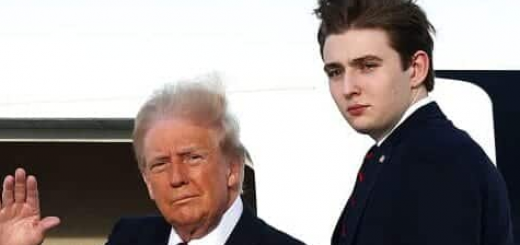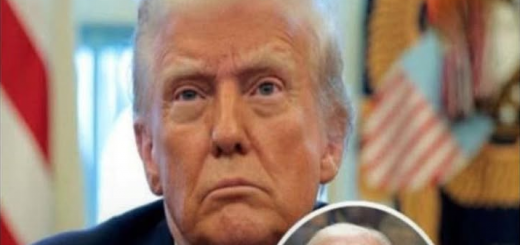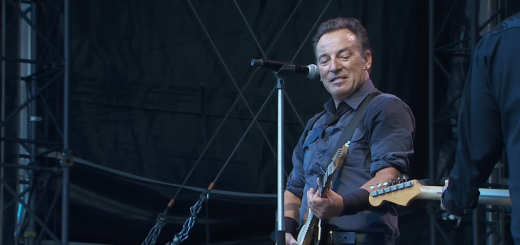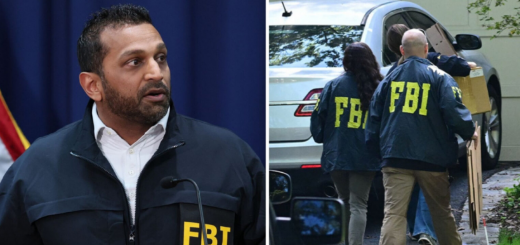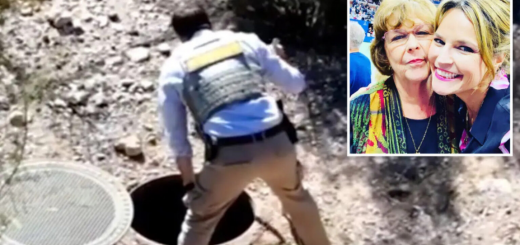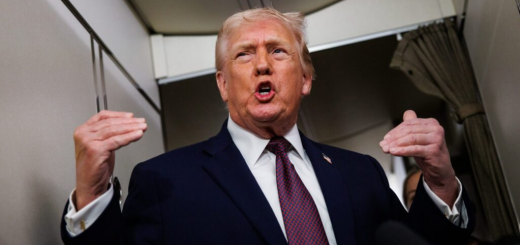Trump’s Bold Executive Orders: A Challenge to Democracy or Leadership in Action?
Donald Trump wasted no time making waves during the opening days of his second term as the 47th President of the United States, issuing over 200 executive orders.
Among them, four directives have sparked widespread concern and debate over their potential impact on democracy and institutional integrity:
Ending Birthright Citizenship
Trump’s order seeks to deny U.S. citizenship to children born on American soil to undocumented migrants, challenging the 14th Amendment, which guarantees citizenship to all born in the U.S. Legal experts argue this move contradicts Supreme Court precedent established in United States v. Wong Kim Ark (1898) and could face significant judicial pushback.
This action not only tests the Constitution but also raises questions about the executive branch’s limits.

Reinstating Schedule F
Trump’s revival of the Schedule F executive order could significantly reshape the federal workforce.
By reclassifying thousands of civil servants as at-will employees, he opens the door for widespread dismissals and replacements with political loyalists. Critics warn this could undermine the impartiality of the civil service, turning federal agencies into tools for partisan agendas.
Pardons for January 6 Participants
One of the most controversial actions is Trump’s blanket pardon of over 1,500 individuals convicted for their roles in the January 6 Capitol riot.
This includes high-profile figures such as Stewart Rhodes, leader of the Oath Keepers.
Critics argue these pardons undermine accountability and embolden future political violence by signaling that such acts can be absolved.
Launching Investigations into the Biden Administration
Trump has directed federal agencies to investigate alleged “weaponization” of government during Biden’s presidency.

These orders focus on areas such as January 6 prosecutions, federal actions against perceived threats to educators, and coordination between social media platforms and government agencies.
While some view these investigations as symbolic, others fear they could become tools for targeting political opponents and reshaping federal institutions.
A Test for American Democracy
Trump’s early moves in his second term present a stark challenge to America’s democratic institutions.
The courts, Congress, and civil society now face the task of balancing executive authority with the principles of law and fairness.
Legal challenges to these orders are expected, particularly regarding the constitutionality of the birthright citizenship order and the implications of Schedule F. Similarly, Trump’s sweeping pardons and politically charged investigations will likely be scrutinized for their long-term impact on justice and governance.
The coming months will determine whether these actions signify bold leadership or a deeper shift toward authoritarian tendencies.
For now, the resilience of American democracy faces its latest—and perhaps most significant—test.


